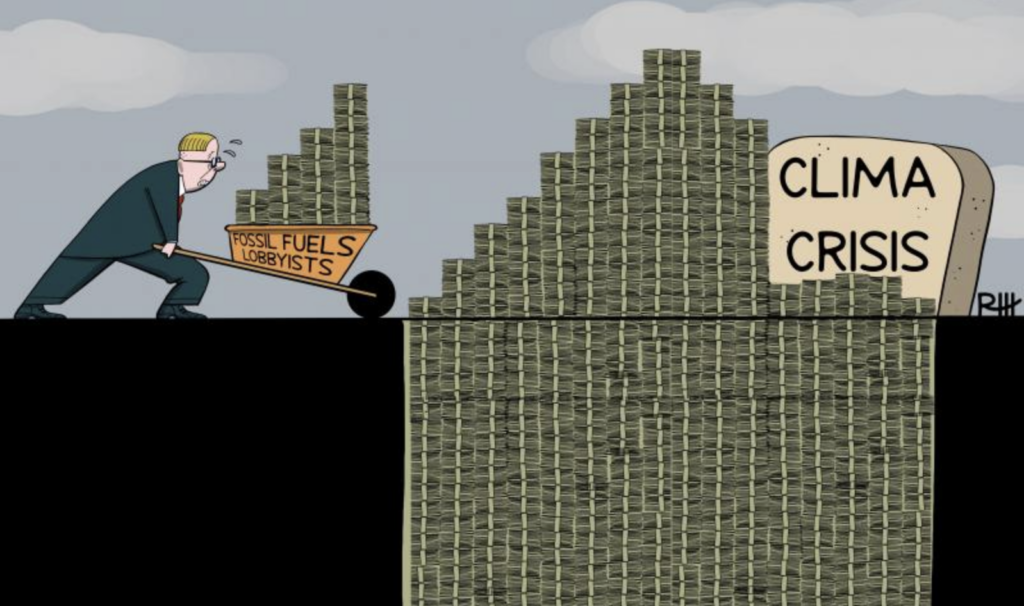Happy Birthday Kyoto Protocol! This week marks the ten year anniversary. Is it a reason to celebrate? Kyoto was our first international agreement to cut emissions, so what can we learn for Paris? asks Alice Bell, writer and researcher on science, technology and the environment.
The Kyoto Protocol was an iconic international agreement setting targets for countries to cut the emissions of gases that cause climate change. A world first.
It was, unsurprisingly, a bit of a compromise. The targets weren’t as high as China or the Alliance Small Island States wanted, but still stronger than those proposed by Canada and the United States.
Based on a principle of “common but differentiated responsibilities” the protocol puts responsibility on the shoulders of developed countries. The EU, for example, was expected to cut emissions, but India was not.
Although action was largely to be through national policies, it put in place market-based systems whereby countries could buy and sell their emissions.
In addition to emissions cuts, the Protocol also reaffirms the idea that developed countries should offer both money and technological support to other countries to help deal with the changes in environment caused by climate change we haven’t been able to avoid.
It came into force on February 16, 2005. It’s history stretches a lot further back than that though. It was adopted in Kyoto, Japan, on 11 December 1997, and is a development of the principles agreed at the 1992 Rio UN Earth Summit.
What took us so long?
To come into force, the Protocol needed to be ratified by at least 55 countries, and that their emissions must account for at least 55% of global emissions.
Most of the countries in the world have signed the Protocol. But signing is relatively easy — a symbol of general support. Ratifying the Protocol, on the other hand, carries obligations. This has proved too tough a challenge for some key players.
In 2001, George W Bush withdrew the US — which is responsible for around a quarter of world emissions — from the Protocol, claiming it would gravely damage the US economy and was misguided in not including China and India.
In late 2004, Russia was convinced to join, so a slightly modified idea of the initial Kyoto idealism came into force on February 16, 2005.
Arguably, the birthday isn’t much to celebrate. That it’s only a tenth anniversary — rather than a 15th one, for example — is just yet another example of how slow international action on climate change has been.
What can we learn from Kyoto’s anniversary?
Kyoto is worth reflecting on this week not just as an interesting bit of history, but what it can teach us about international climate negotiations.
Looking at the slow and troubled history of Kyoto — as well as the failure of the 2009 Copenhagen talks — it’s tempting to write off the whole UN-based approach to tackling climate change entirely.
But the Paris 2015 deal hopes to take a different approach. Kyoto was always based around different countries making different targets, but Paris will take this further with a process based around a series of pledges. The idea is also that this will be a bit more bottom up than an agreement based on the Kyoto model, or that which failed at Copenhagen.
Known as Intended Nationally Determined Contributions (or INDCs), these pledges will outline the steps each country plans to make to reduce their emissions, as well as adaptation plans, and the support they need from/ provide for other countries.
These pledges might not, overall, be that ambitious. At this stage, the talk is still confidently assuring everyone that we must and can keep within the key limit of two degrees global warming. But many analysts agree this target of two degrees will still condemn many parts of the world, and it’s still reasonably likely that we won’t see an agreement that really holds people to it anyway.
But — the defenders of a pledge-based approach argue — we will be able to ratchet up these pledges. We might be starting a lot lower than we need to, but it will offer us a starting point from which more powerful action will happen. In contrast, Kyoto started off reasonably well, but soon hit the stumbling block of the US withdrawing, and Copenhagen fell before it could even get to that sort of hurdle.
It’s easy to feel rather despondent at this point — we’re just playing into George Bush’s erroneous criticism of Kyoto, we need to just force ourselves to be more ambitious — but equally the apparently softer take of Paris’ pledge-based system might ultimately be its saving. How many people it’ll save — and how many it’ll condemn — is yet to be seen.
A version of this post originally appeared on Road to Paris
Photo: U.S. Fish and Wildlife Service via Wikimedia Commons
Subscribe to our newsletter
Stay up to date with DeSmog news and alerts







